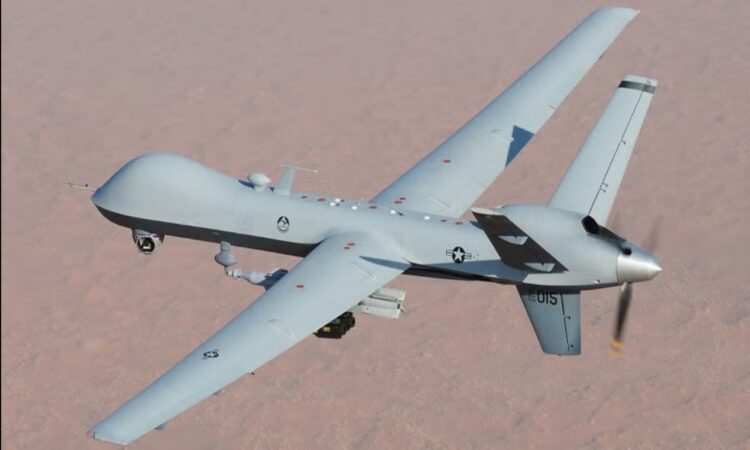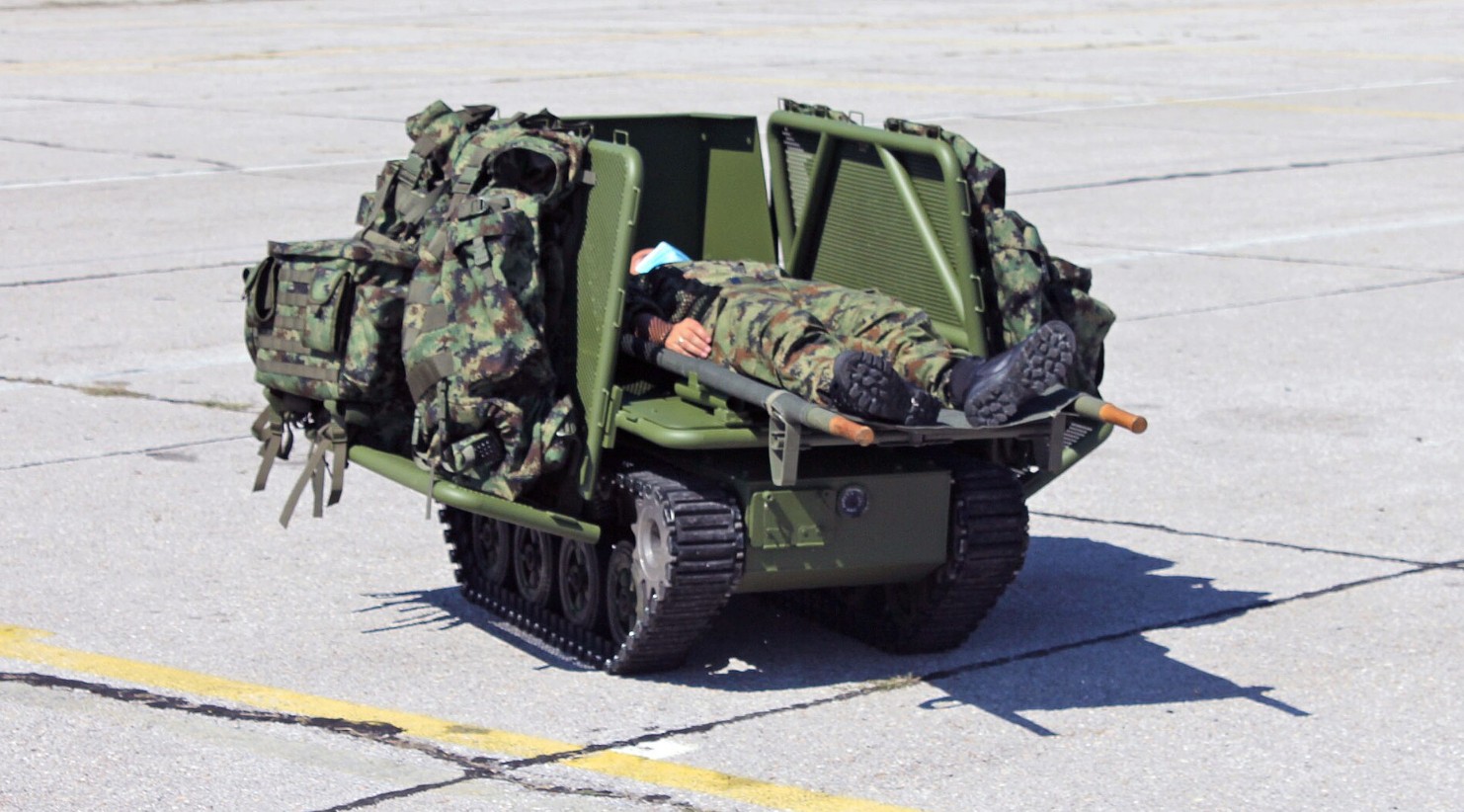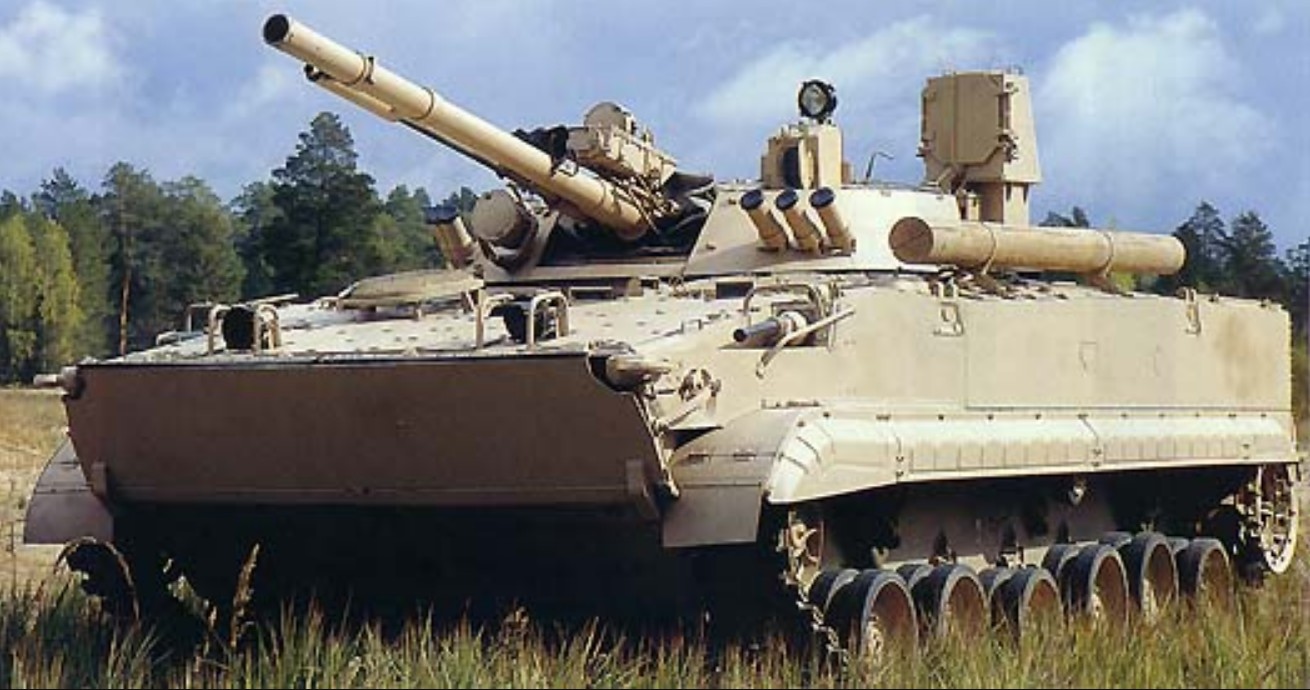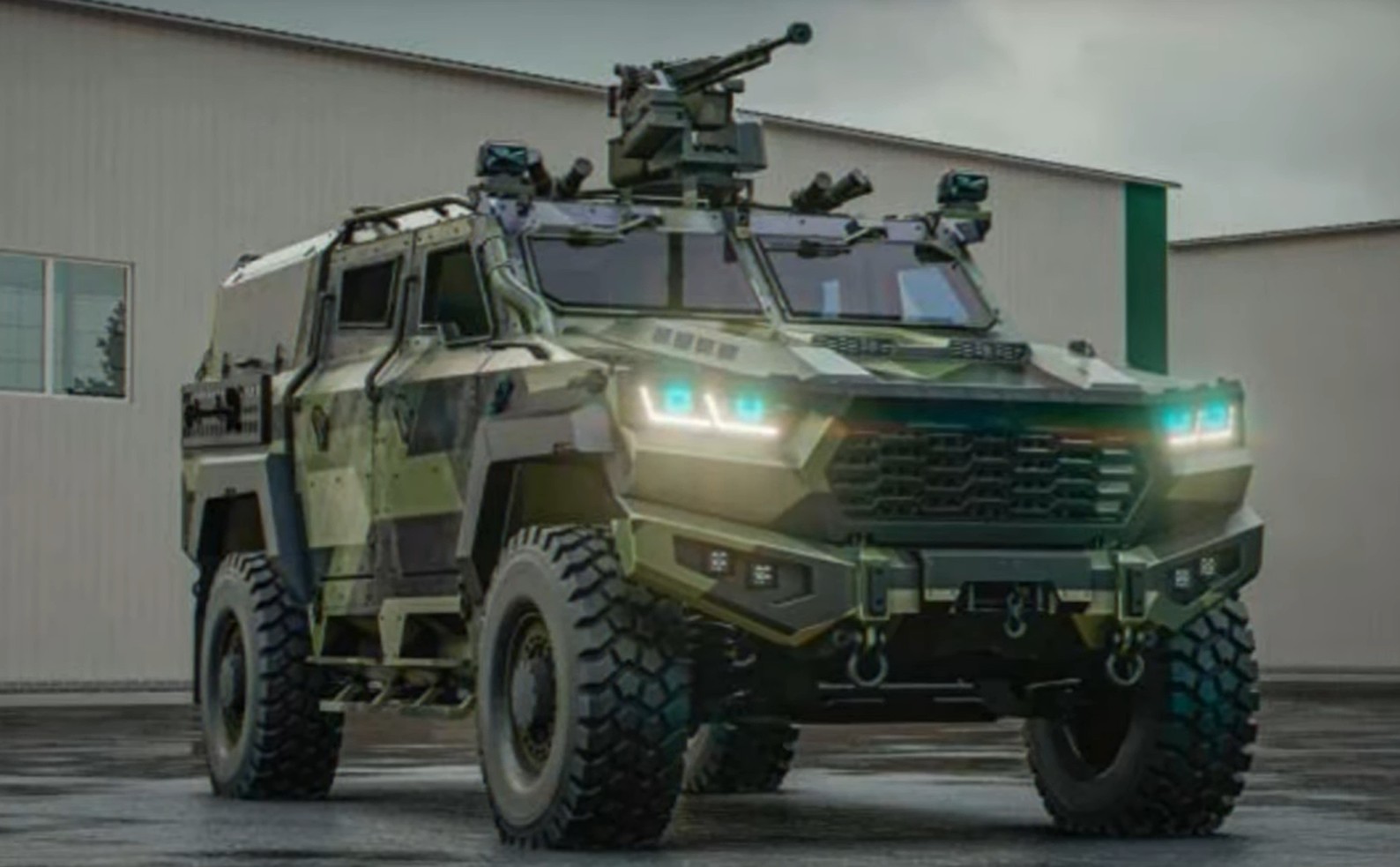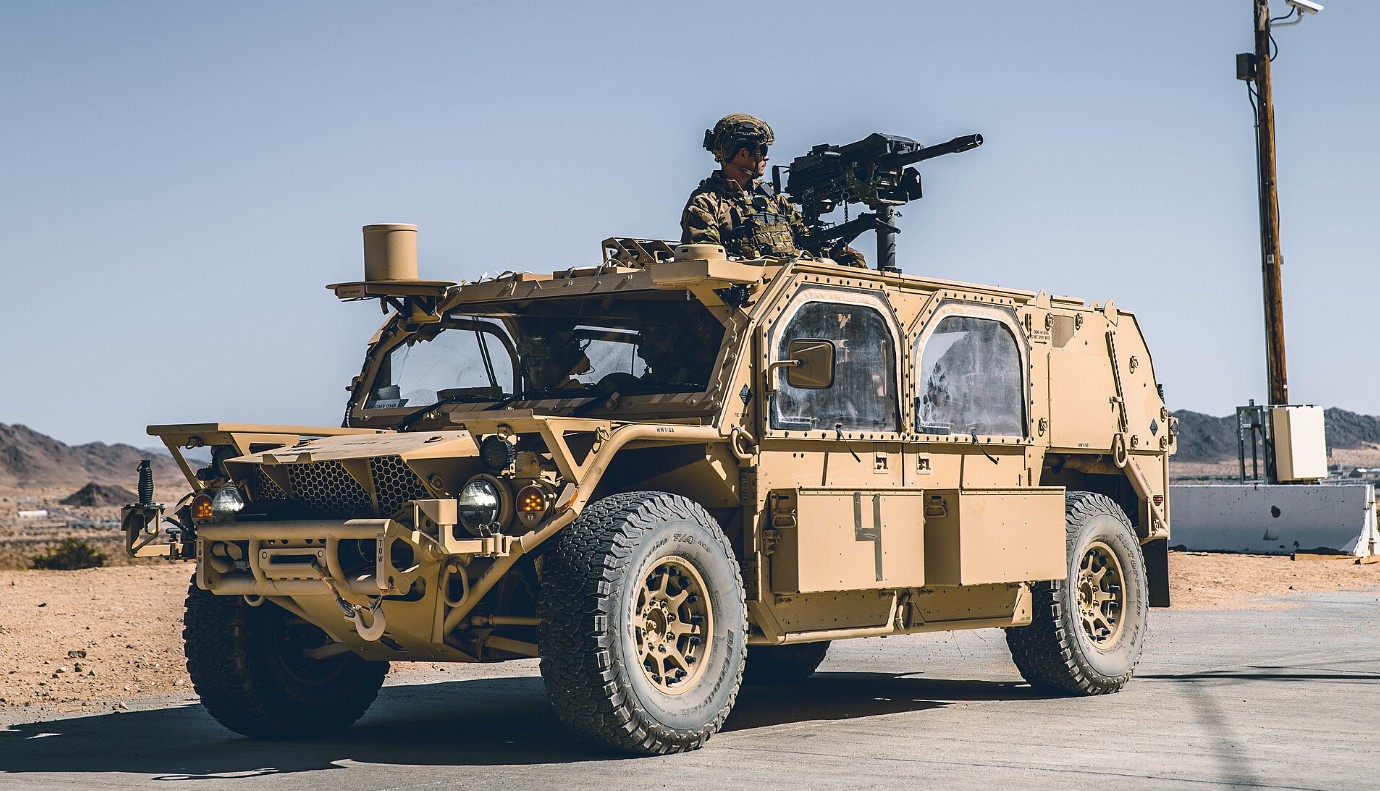The landscape of modern warfare is undergoing a transformation that is both profound and complex. With technological advancements redefining traditional warfare paradigms, nations are increasingly investing in drones, cyber capabilities, and autonomous systems, heralding an era of “remote-control war.” This shift presents unique opportunities and challenges, reshaping how military strategy is devised and executed.
Drones and Their Strategic Impact
Drones, or unmanned aerial vehicles (UAVs), have become a focal point in the evolving military doctrine. Widely appreciated for their versatility and precision, drones provide valuable reconnaissance data and can execute targeted strikes with minimal risk to human operators. The proliferation of drone technologies has democratized military capabilities, enabling nations of varying sizes to project power beyond their borders.
Advantages of Drones:
- Cost-effectiveness compared to manned vehicles
- Capability to operate in challenging and high-risk environments
- Improved range and endurance for long-duration missions
- Reduced human risk by removing personnel from direct engagement
However, the extensive use of drones raises ethical and legal questions. Issues related to sovereignty violations and civilian casualties remain at the forefront of international discourse. As drone technology becomes more advanced, so too do the methods used to mitigate their impact through measures like electronic warfare and counter-drone systems.
Cyber Capabilities in Modern Warfare
In the digital age, cyber capabilities have emerged as a critical component of national defense strategies. Cyber warfare involves the use of computer technology to disrupt, disable, or manipulate adversary networks and systems. Its reach extends beyond the battlefield, affecting essential civilian infrastructure such as power grids, communication networks, and financial systems.
Key Aspects of Cyber Warfare:
- Offensive cyber operations aimed at infiltrating enemy systems
- Defensive measures to protect national assets and critical infrastructure
- Intelligence gathering for counterintelligence and strategic advantage
- Psychological operations to influence public perception and morale
The invisible nature of cyber warfare poses unique challenges for international law and norms. The attribution of cyber attacks is particularly difficult, thus complicating retaliatory actions and accountability. As nations bolster their cyber arsenals, the line between military and civilian targets becomes increasingly blurred.
Autonomous Systems: Emerging Frontiers
Autonomous systems, powered by artificial intelligence (AI) and machine learning, are poised to revolutionize military tactics. These systems are capable of executing complex missions without direct human control, potentially enhancing operational efficiency and effectiveness. From unmanned ground vehicles to maritime drones, the integration of AI into military operations promises increased precision and adaptability.
Potential Benefits of Autonomous Systems:
- Reduction in human error and improved decision-making
- Enhanced situational awareness through real-time data analysis
- Increased operational reach with minimal logistical support
- Ability to learn and evolve from mission to mission
Nevertheless, the deployment of autonomous weapon systems raises significant ethical concerns. The degree of autonomy granted to machines capable of lethal force is a subject of intense debate, with questions surrounding accountability and compliance with international humanitarian law. Efforts are underway to establish global norms and treaties that govern the use of such technologies.
Specifications for Selected Technologies
| Technology | Capabilities |
|---|---|
| Drones | Reconnaissance, Targeted Strikes, Surveillance |
| Cyber Systems | Network Disruption, Intelligence Gathering, Psychological Operations |
| Autonomous Vehicles | AI-Driven Missions, Real-Time Data Processing |
The strategic implications of advancing technologies in warfare extend beyond geopolitical considerations. They necessitate a reevaluation of military doctrines, command structures, and training paradigms. Whether through drones providing aerial supremacy, cyber capabilities granting strategic disruption, or autonomous systems offering operational efficiency, the future of warfare is inexorably linked to technological innovation.
As nations navigate this complex landscape, the international community faces an imperative: to harness these technologies responsibly. The collective challenge is to create a regulatory framework that mitigates the risks associated with remote-control war while promoting stability and peace. Ultimately, the future of military conflict will be defined not only by technological prowess but also by the ethical and strategic choices made today.
